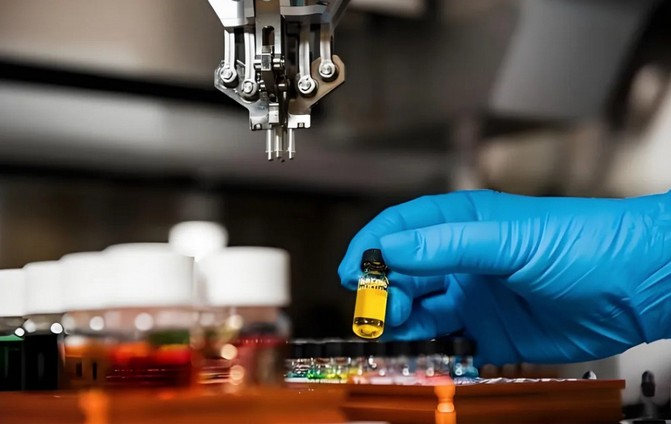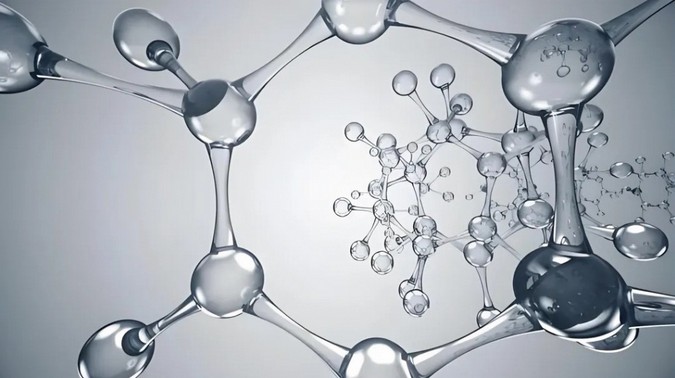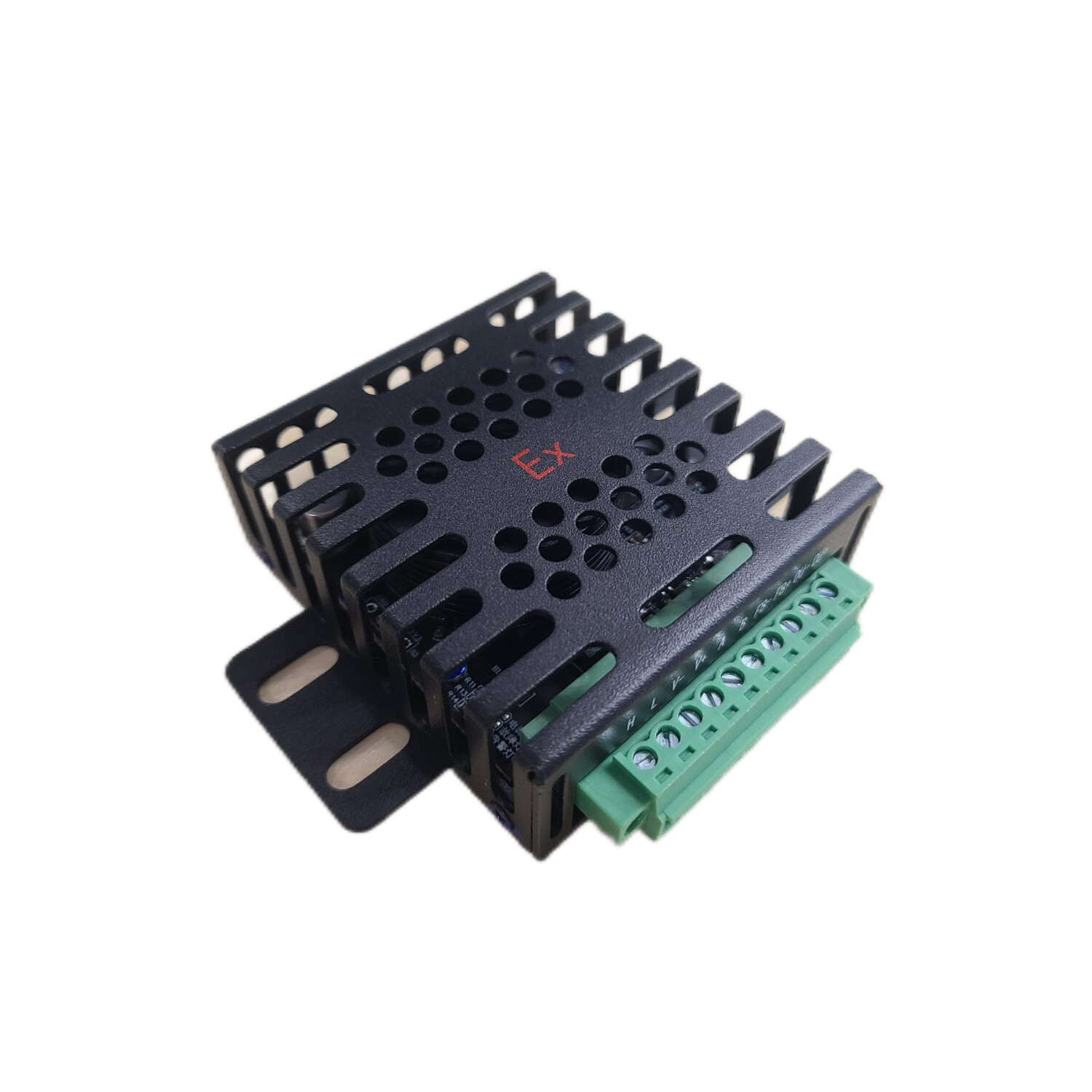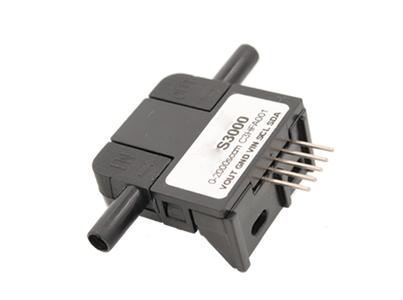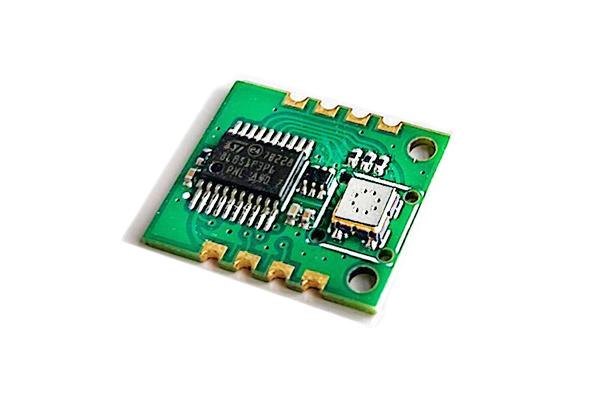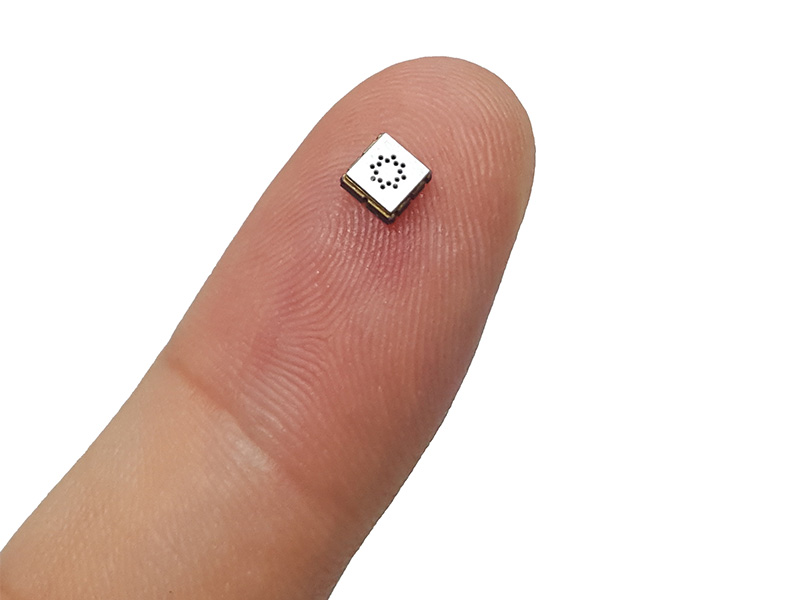Mass flow controllers (MFCs) are crucial in biological fermentation, where precise control of gas flow is required to maintain optimal growth and production conditions for microorganisms. In the fermentation process, MFCs regulate the supply of gases like oxygen, carbon dioxide, nitrogen, and sometimes specialized gases to ensure that microorganisms grow and produce desired products efficiently. Here’s a look at how MFCs are developed and applied in this field:
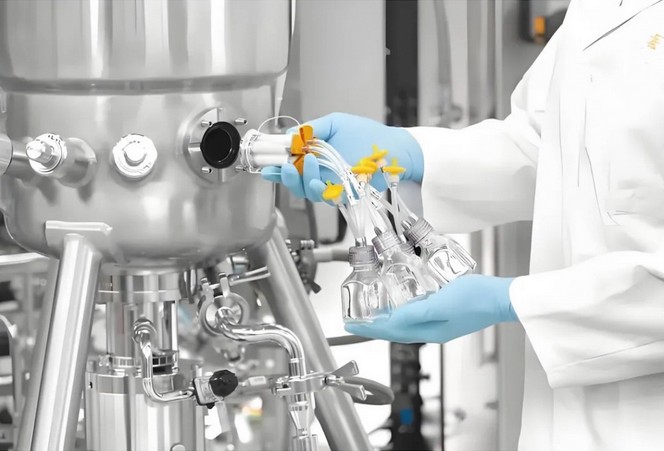
1. Development of Mass Flow Controllers for Biological Fermentation
High Precision and Stability: The design of MFCs for fermentation requires high accuracy and stability to ensure a consistent gas supply, as fluctuations in gas concentrations can directly affect the growth rate and productivity of microbial cultures. Advances in MEMS technology and thermal sensors have significantly improved the precision of MFCs, enabling real-time monitoring and control of gas flow with minimal error.
Low Pressure Drop: Since biological fermentation systems can be sensitive to pressure changes, MFCs are designed with low-pressure-drop features to ensure minimal impact on the system's pressure dynamics.
Corrosion Resistance and Biocompatibility: The materials used in MFCs need to be resistant to the harsh, often acidic environments present in fermentation. Materials like stainless steel or special coatings are often used to prevent corrosion and contamination, ensuring the MFCs are compatible with biological applications.
Modularity and Integration: Many MFCs are designed as modular units to allow easy integration with existing fermentation setups. This modular design also enables scalability for larger bioreactors, which is essential as fermentation scales up from laboratory to industrial levels.

2. Applications of MFCs in Biological Fermentation
Oxygen and Air Control: Oxygen is a critical parameter in aerobic fermentation, as most microorganisms require oxygen for growth and metabolic processes. MFCs are used to precisely control the flow of oxygen or air, maintaining optimal dissolved oxygen levels in the fermentation broth. By precisely controlling the oxygen levels, MFCs help optimize yield and quality of the product.
CO₂ and pH Control: In some fermentation processes, CO₂ levels need to be controlled to manage the pH of the broth or to prevent excess carbon dioxide buildup. MFCs can regulate CO₂ flow to adjust pH, creating a stable environment for microbial growth.
Control of Reducing Gases (e.g., Hydrogen): For certain specialized fermentations, gases like hydrogen might be introduced to create reducing environments, which are required for certain types of anaerobic organisms. MFCs enable accurate dosing of these gases to maintain specific redox conditions.
Automation and Process Control: Modern fermentation systems are often fully automated, and MFCs play a key role in this automation. MFCs connected to sensors and control systems allow real-time adjustments based on gas concentration data, making it easier to maintain optimal growth conditions without manual intervention. This automation leads to higher consistency and yield in fermentation products.
Scalability: MFCs are used at various scales, from laboratory fermenters to large industrial bioreactors. In each case, the controllers must adapt to different gas flow requirements while maintaining precision, which is vital for consistent product quality during scale-up.
Process Safety: Precise control of gas flow is essential for safety in fermentation. High concentrations of gases like oxygen can pose explosion risks, while excessive CO₂ can lead to toxic buildup. MFCs help in maintaining safe gas levels, ensuring safe operation for operators and the environment.
3. Challenges and Future Directions
Microbial Sensitivity and Dynamic Needs: As fermentation conditions can change dynamically with microbial growth stages, MFCs need to respond quickly to varying gas demands. Advanced MFCs equipped with faster response times and adaptive algorithms are being developed to meet these needs.
Integration with IoT and Cloud Systems: Modern MFCs are increasingly integrated with IoT systems, allowing real-time data collection, remote monitoring, and predictive maintenance. By connecting to cloud-based analytics platforms, these systems can optimize gas flow based on historical data, improving overall efficiency and reducing energy costs.
Sustainability and Energy Efficiency: With a growing focus on sustainability, MFCs are also being designed to operate with higher energy efficiency and lower environmental impact, contributing to greener fermentation processes.

Conclusion
Mass flow controllers are essential in biological fermentation, where precise gas control is critical for microbial growth and product yield. Advances in MEMS-based MFCs, integration with automation and IoT systems, and improvements in materials and energy efficiency have broadened their applications in this field. These developments continue to enhance fermentation performance, supporting industries such as pharmaceuticals, biofuels, and food production.
Our company's mass flow controller with its high precision, low power consumption and intelligent integration, has brought more accurate and efficient solutions to the field of biological fermentation, and jointly promoted the development of the field of biological fermentation.

LATEST NEWS
ONLINE CONSULTATION
For inquiries about our products or pricelist, please leave your email to us and we will be in touch within 24 hours.
GOT ANY QUESTIONS
If you have something on your mind, just let us know!
We are more than happy to answer all your inquiries.

For inquiries about our products or pricelist, please leave your email to us and we will be in touch within 24 hours.
Add: No.9999 Jingshi Road, Lixia District, Jinan City, Shandong Province, China
USA Research Center
Add:2455 South Rd, Poughkeepsie, NY 12601 USA
By clicking "Allow All", you agree to the storage of cookies on your device to enhance site navigation, analyze site usage and assist with our marketing efforts. Cookie Notice
